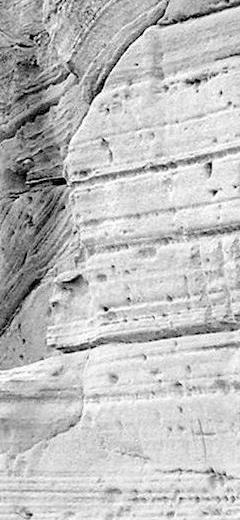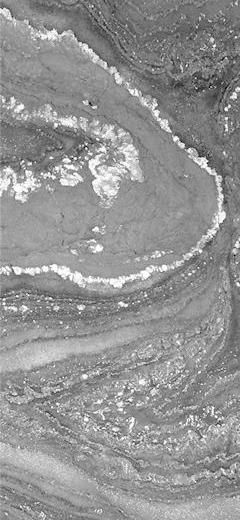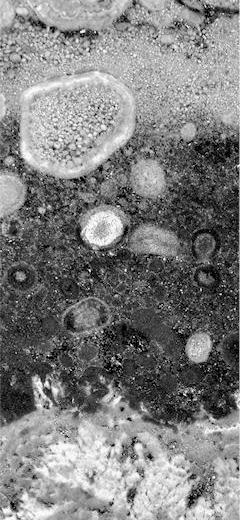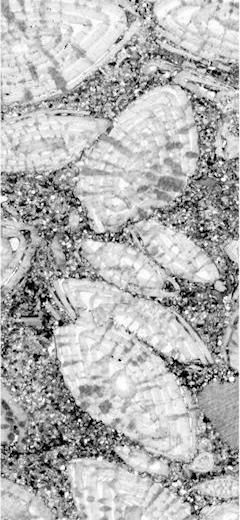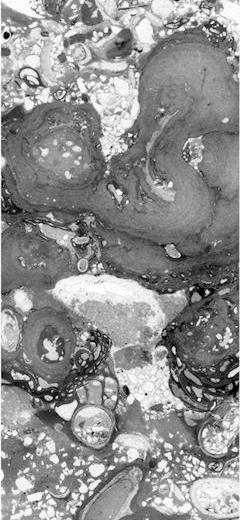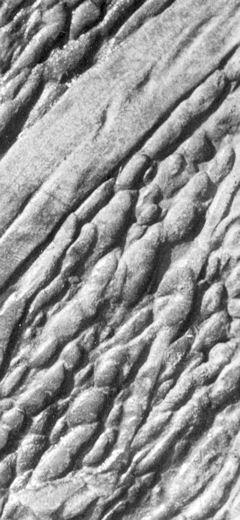ASGP (2004), vol. 74: 21-33
HIGH-TEMPERATURE RESTITE ENCLAVE AS AN EVIDENCE OF DEEP-SEATED PARENT MAGMA MELTING OF THE BĘDKOWSKA VALLEY GRANODIORITE (SILESIAN-CRACOW AREA, SOUTH POLAND) - PRELIMINARY PETROGRAPHIC AND MINERALOGICAL STUDY
Anna WOLSKA
Department of Mineralogy, Petrology and Geochemistry, Institute of Geological Sciences, Jagiellonian University, 30-063 Kraków, ul. Oleandry 2a, e-mail: wolska at ing.uj.edu.pl
Wolska, A., 2004. High-temperature restite enclave as an evidence of deep seated parent magma melting of the Będkowska Valley granodirite (Silesian-Cracow area, South Poland) - preliminary petrographic and mineralogical study. Annales Societatis Geologorum Poloniae, 74: 21-33.
Abstract: In the borehole DB-5, at a depth 1370.0 m dark micaceous enclave in granodiorite from Będkowska Valley was found. A sharp contact enclave/granodiorite is observed. The transition zone is irregularly developed around the enclave studied. It is a small enclave (3 x 6 cm), discoidal in shape. The microstructure of micaceous enclave is fine-blastic; crystalloblasts of rock-forming minerals are 0.2-0.5 mm in size. This enclave consists of: Fe-biotite (56-62 vol.%), plagioclase Ca-Na (34-40 vol.%), spinel (magnetite), corundum, and sericitic pseudo- morphs after cordierite. Its mineralogical composition is different from the Będkowska Valley granodiorite, what suggests that this rock is a medium/high-temperature restite. This rock represents residuum after partial melting of granodiorite magma in deep levels of basement of the Małopolska Massif.

